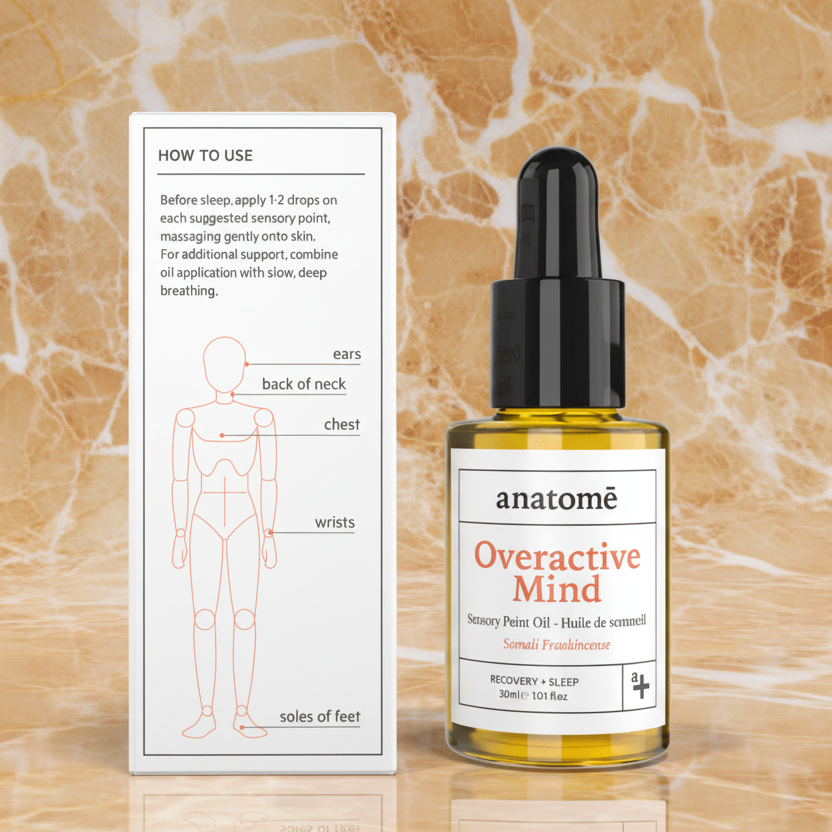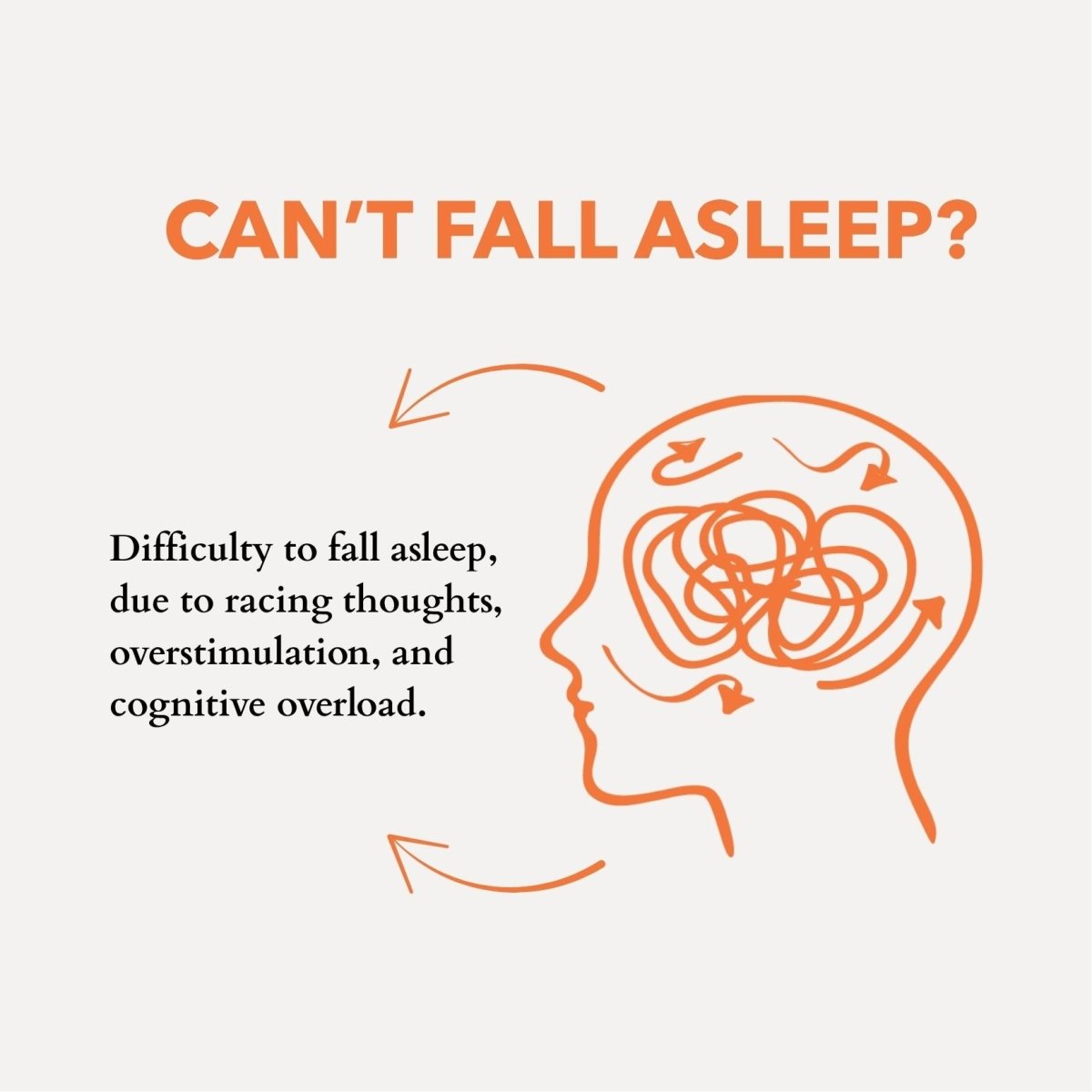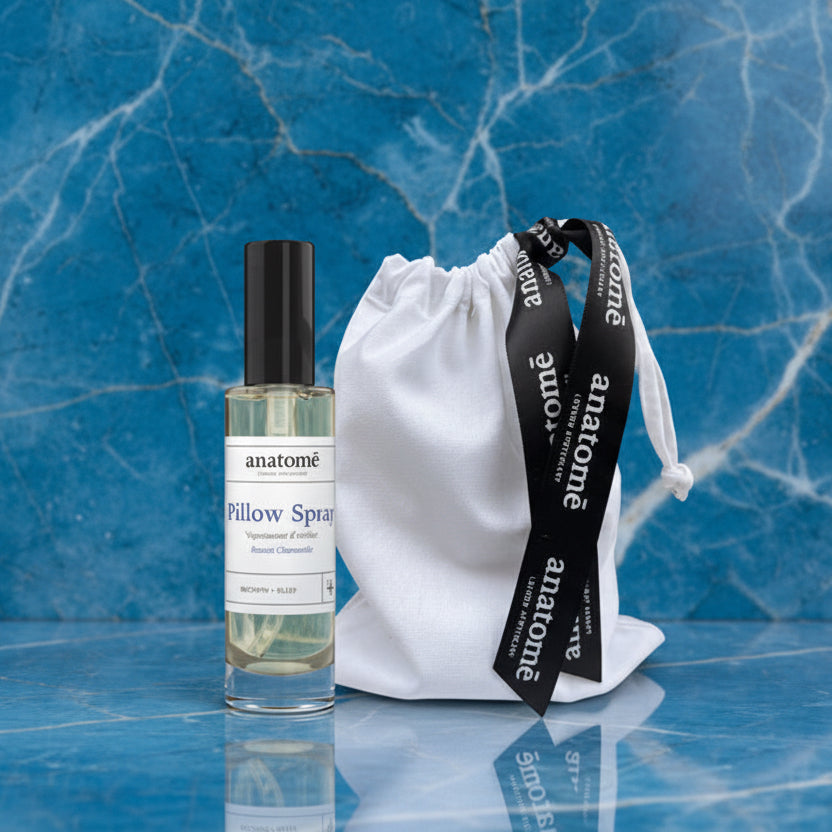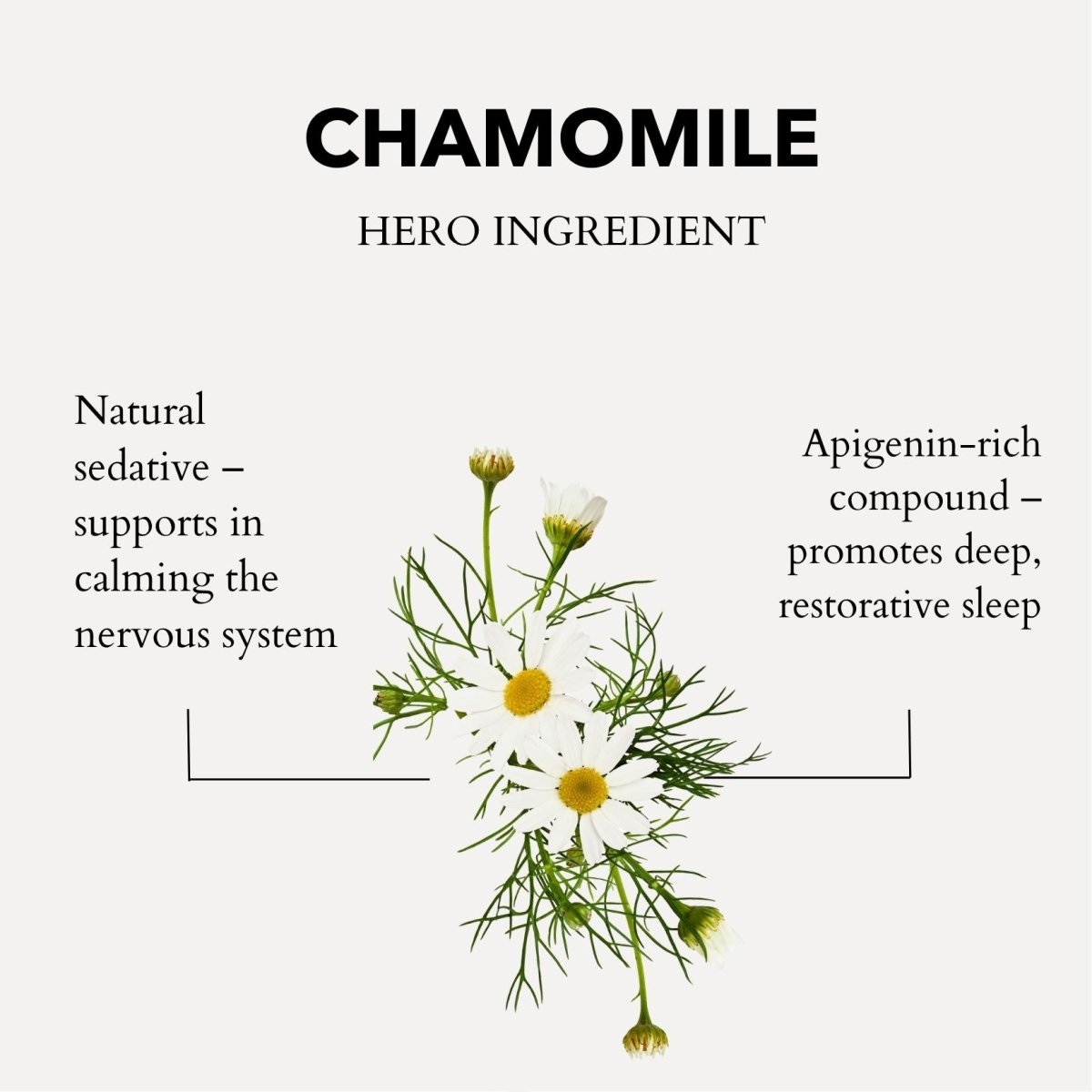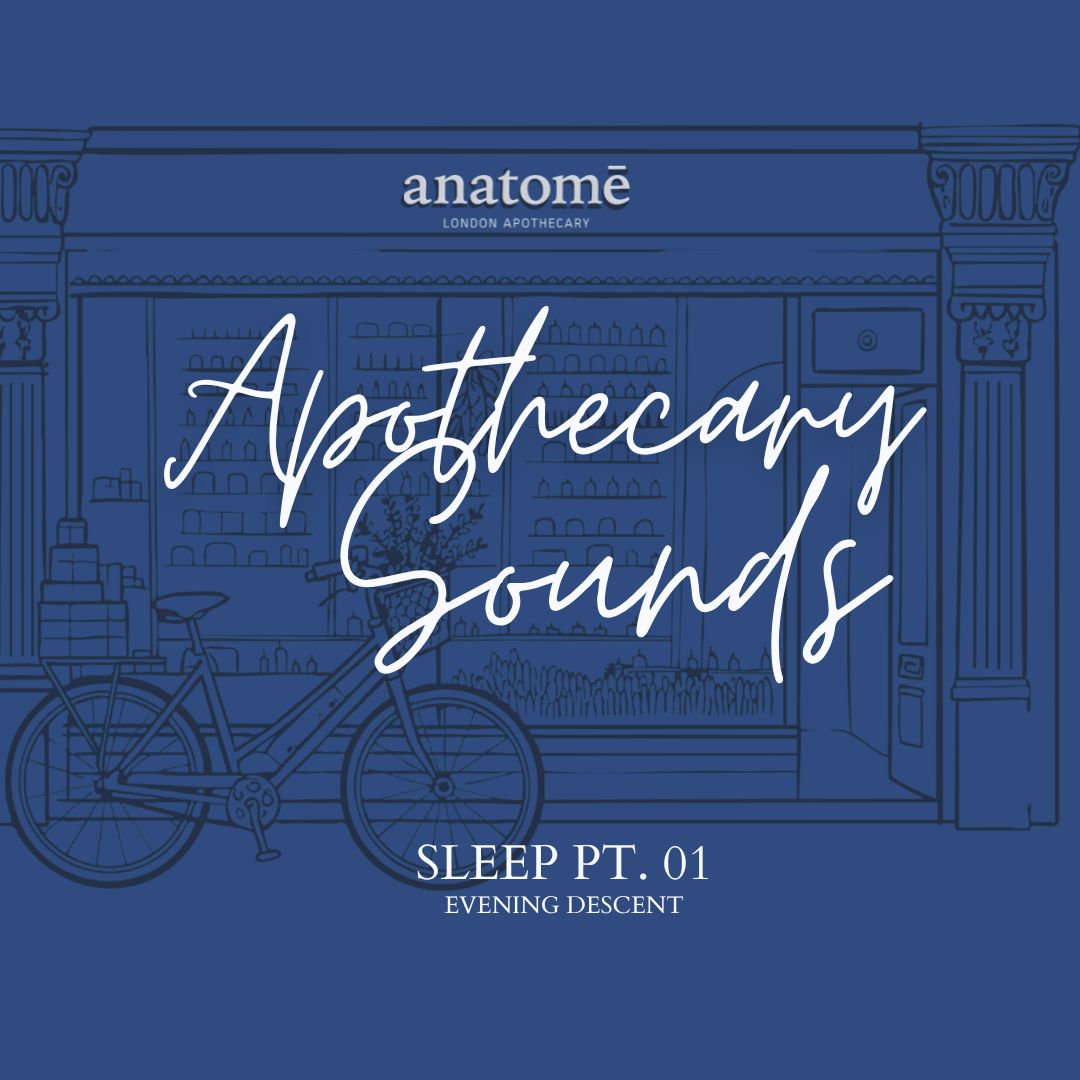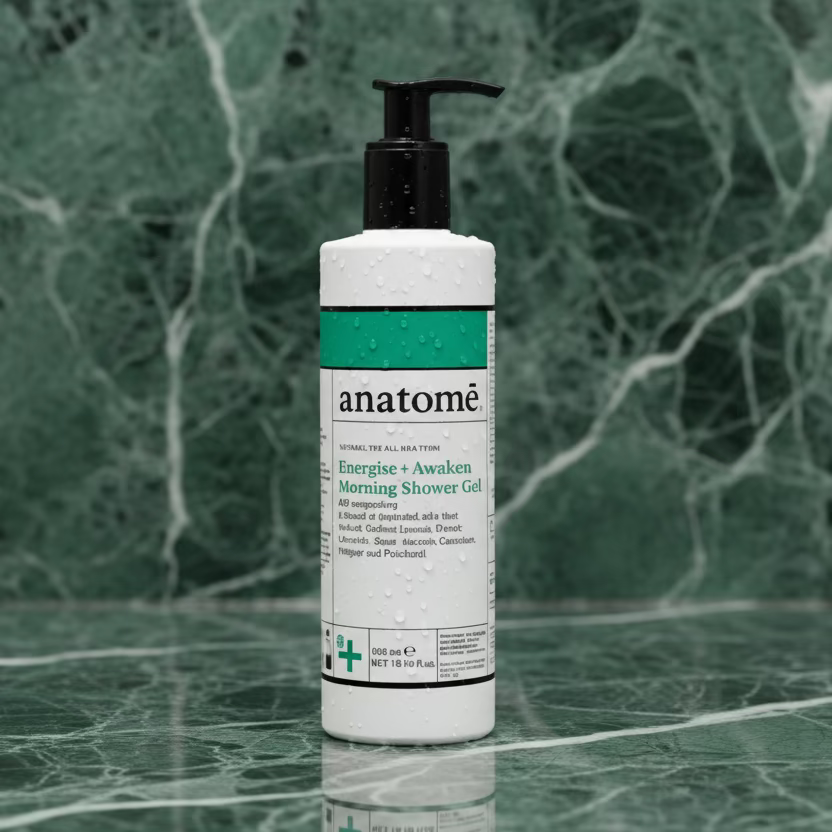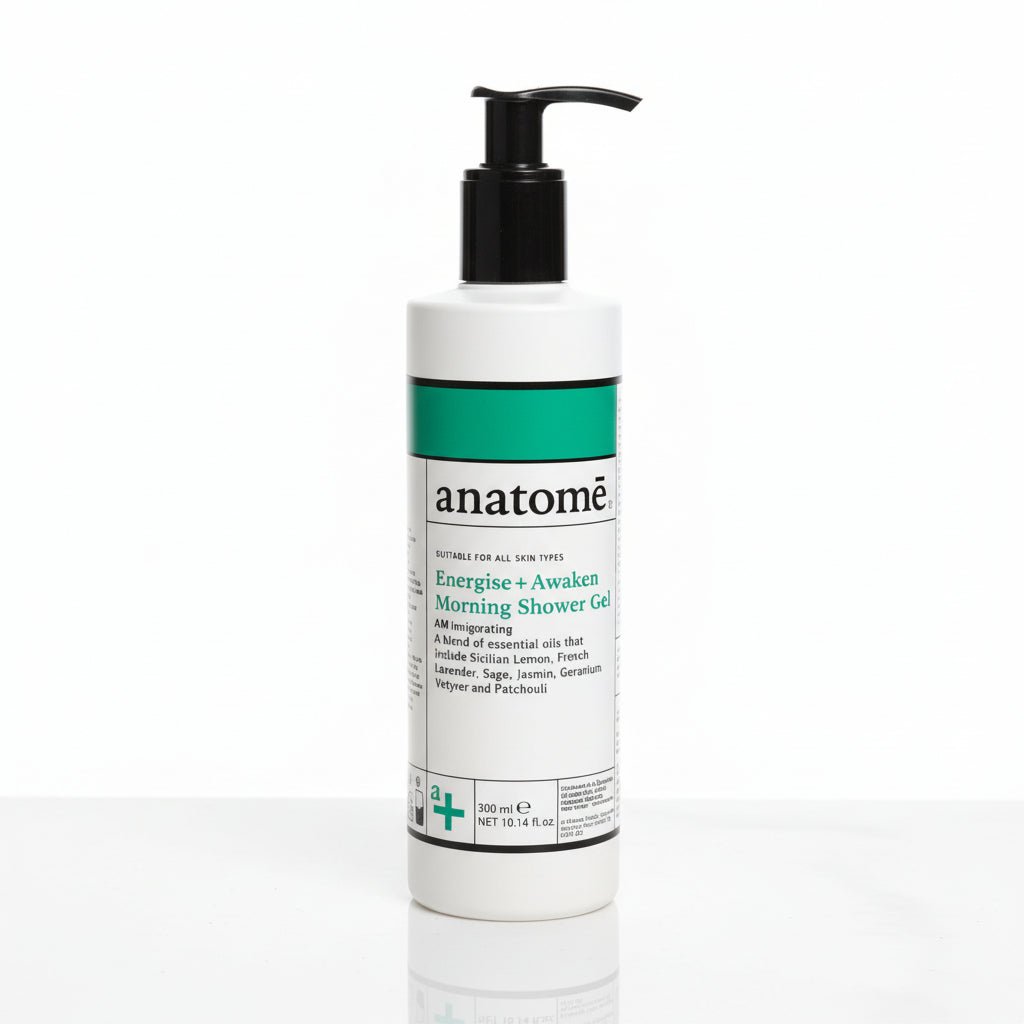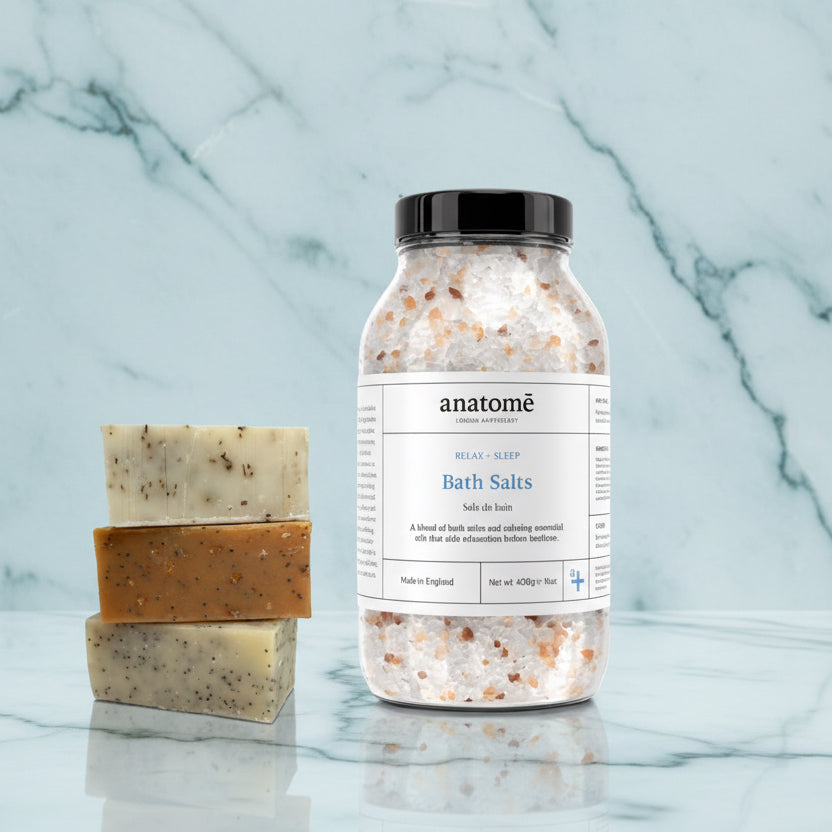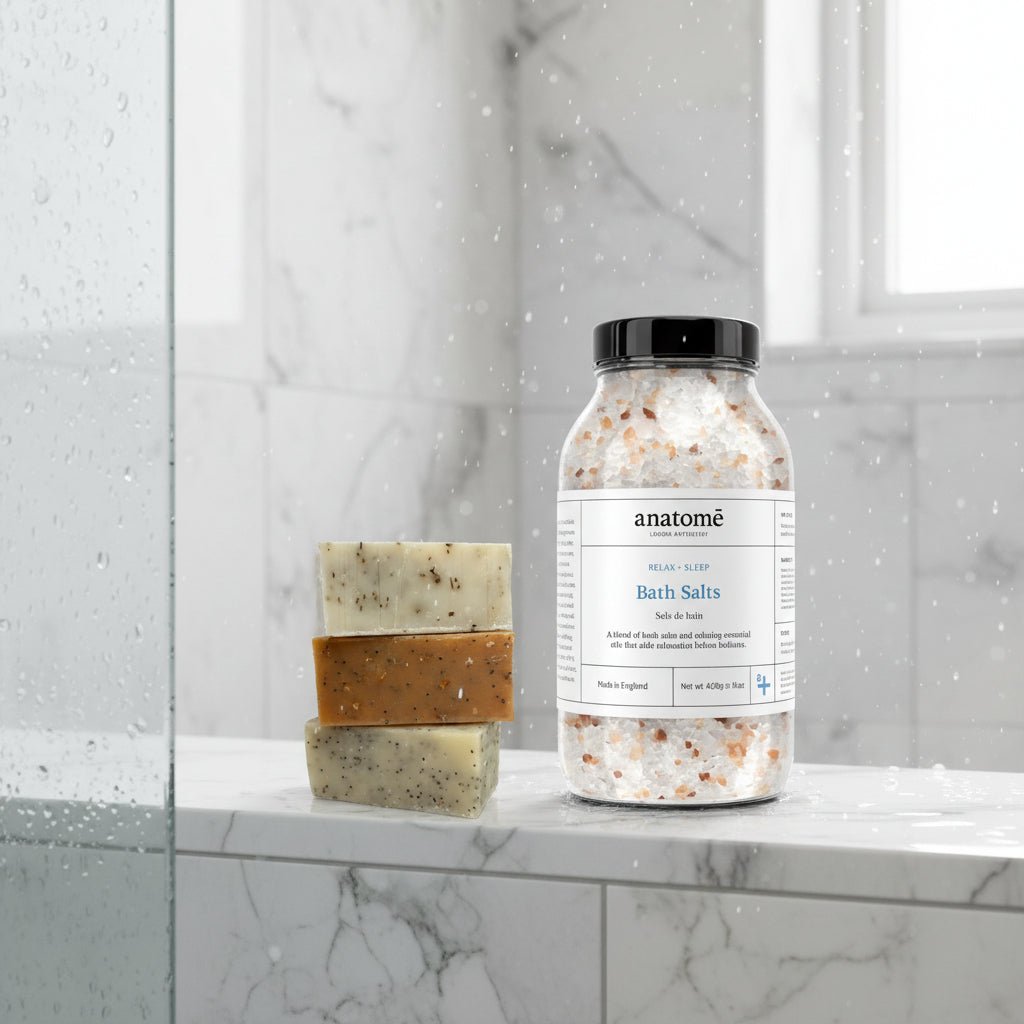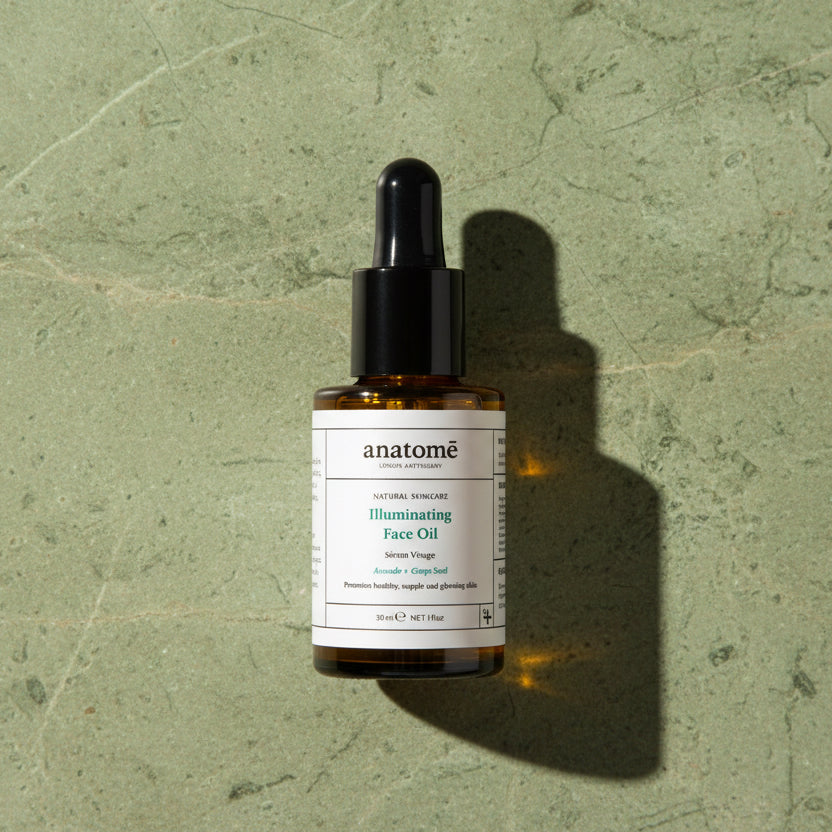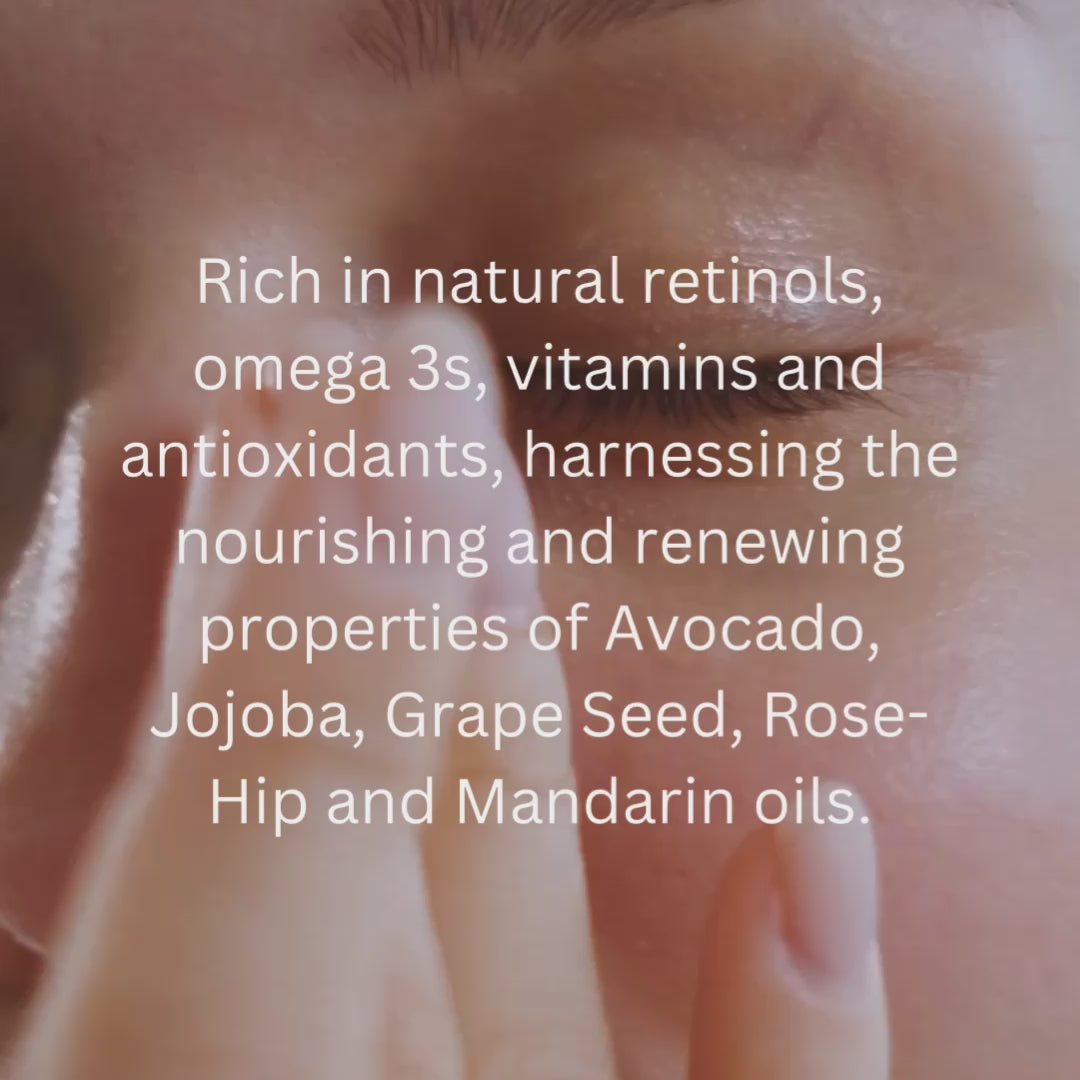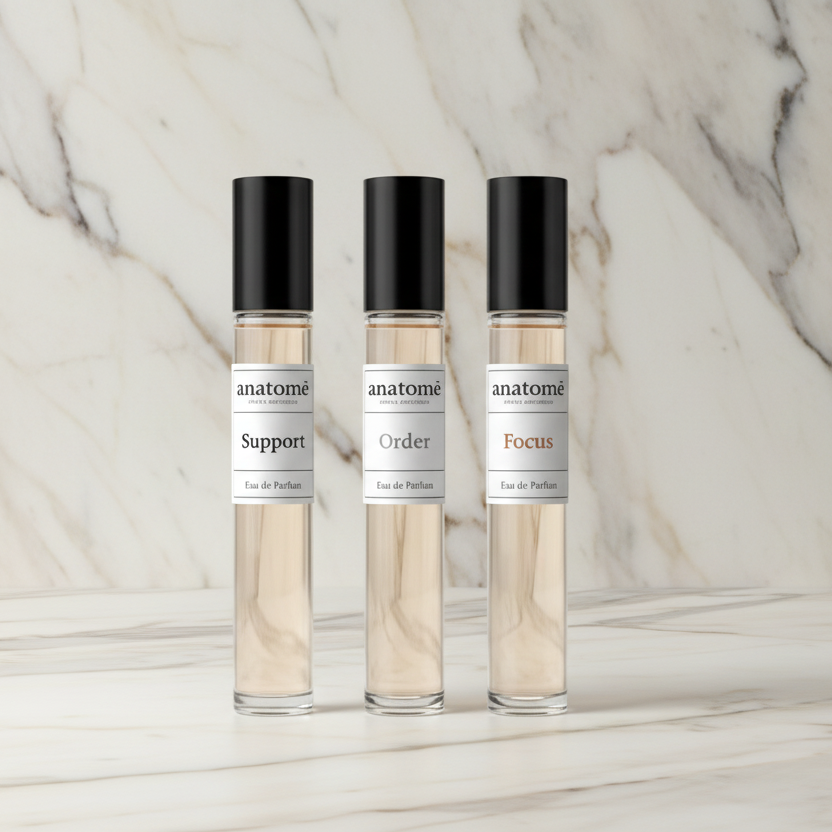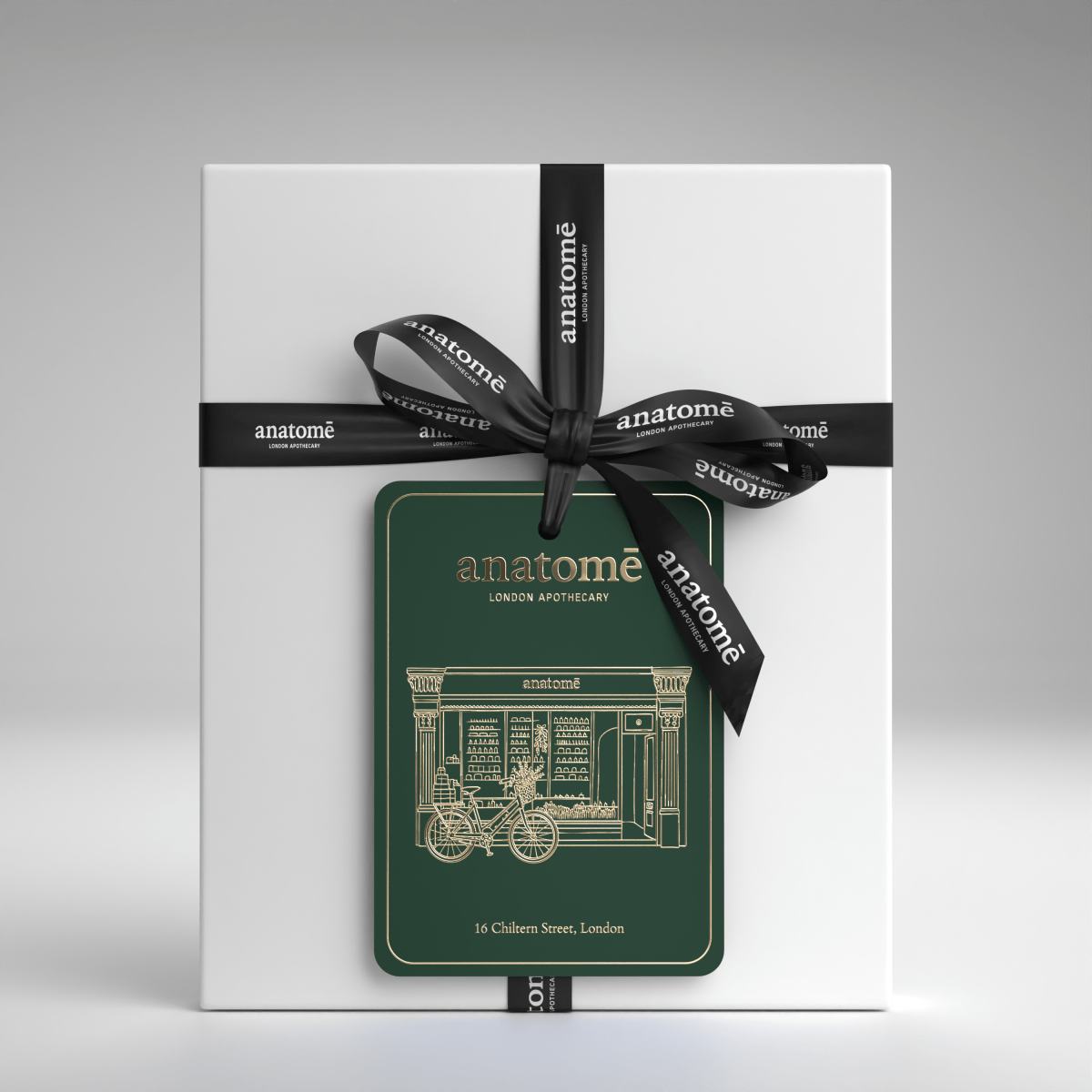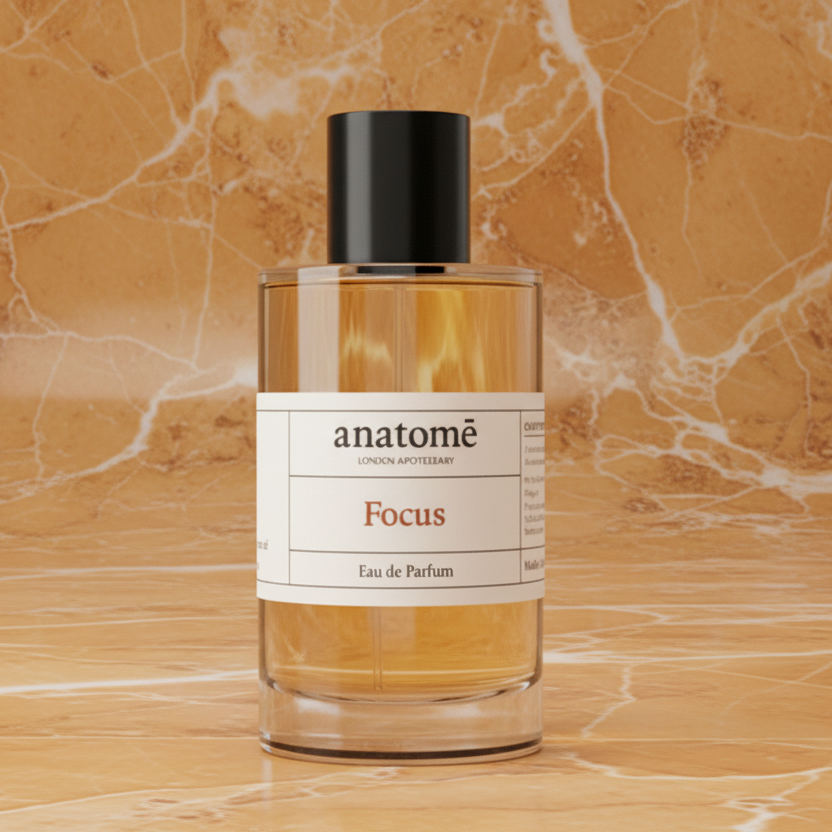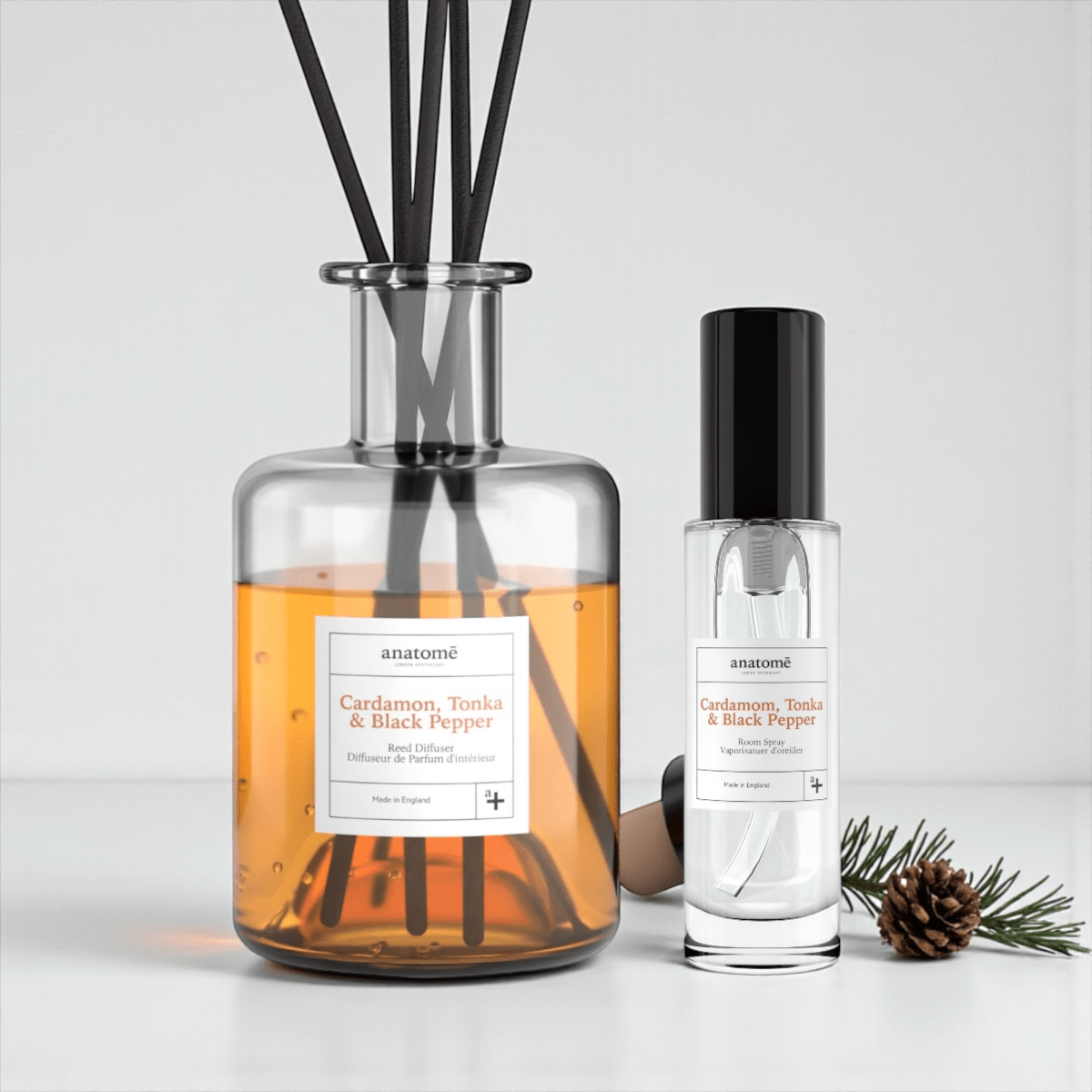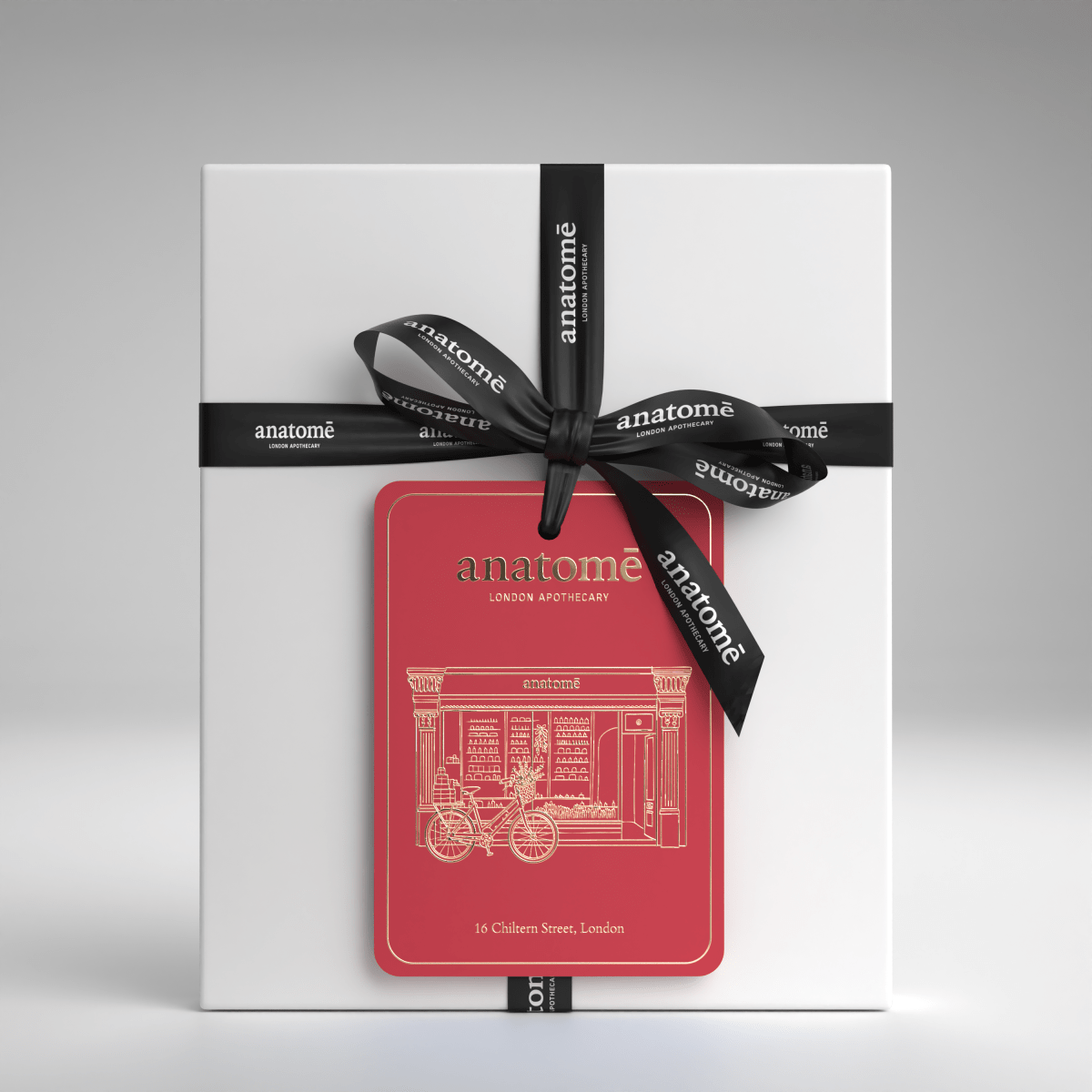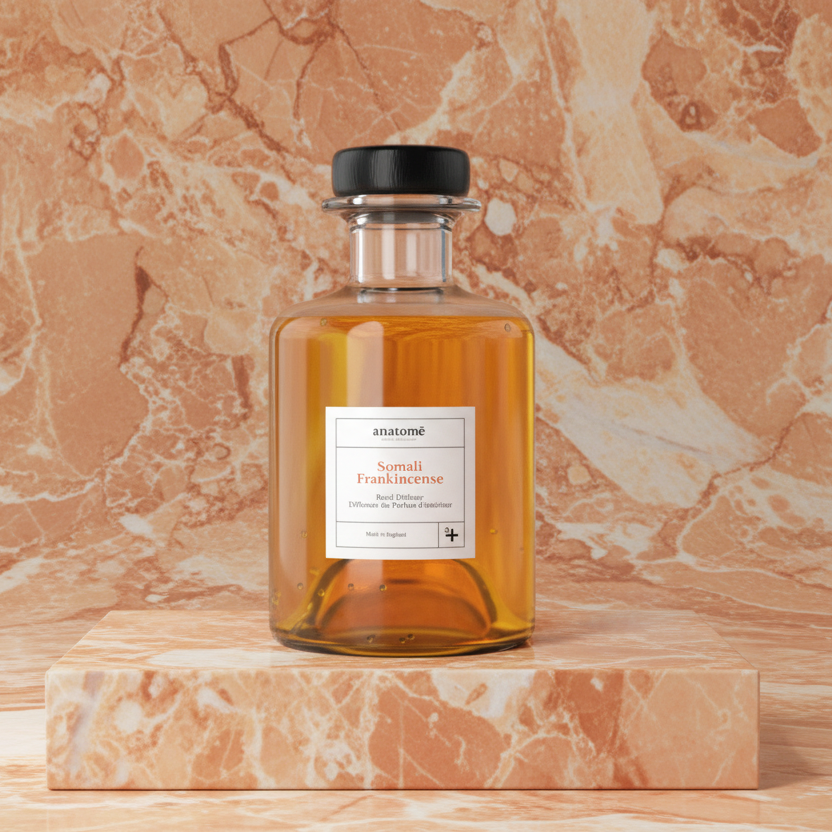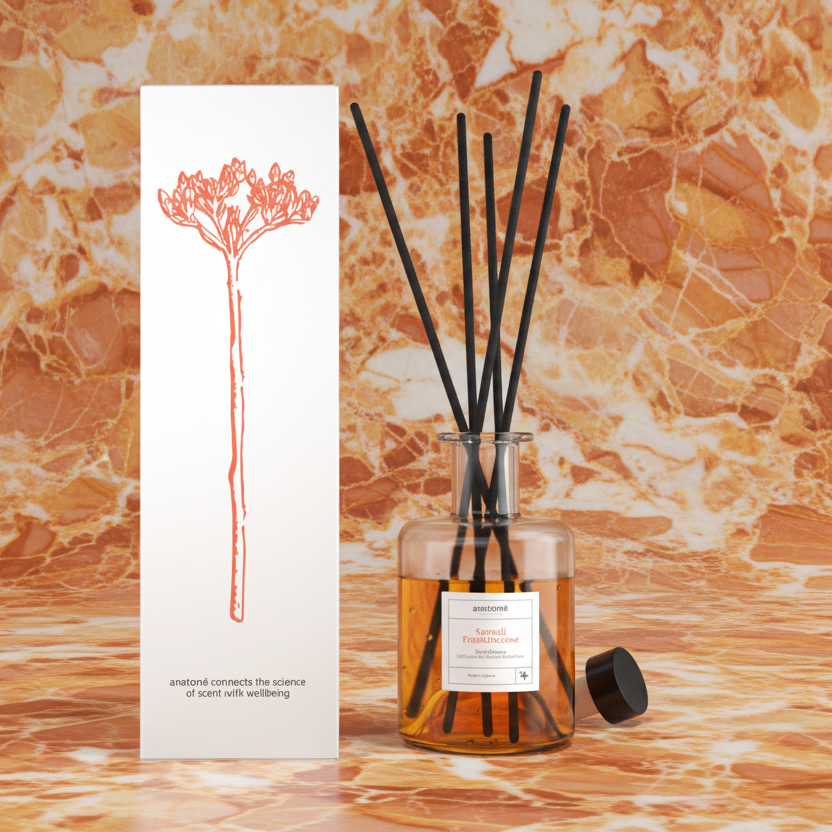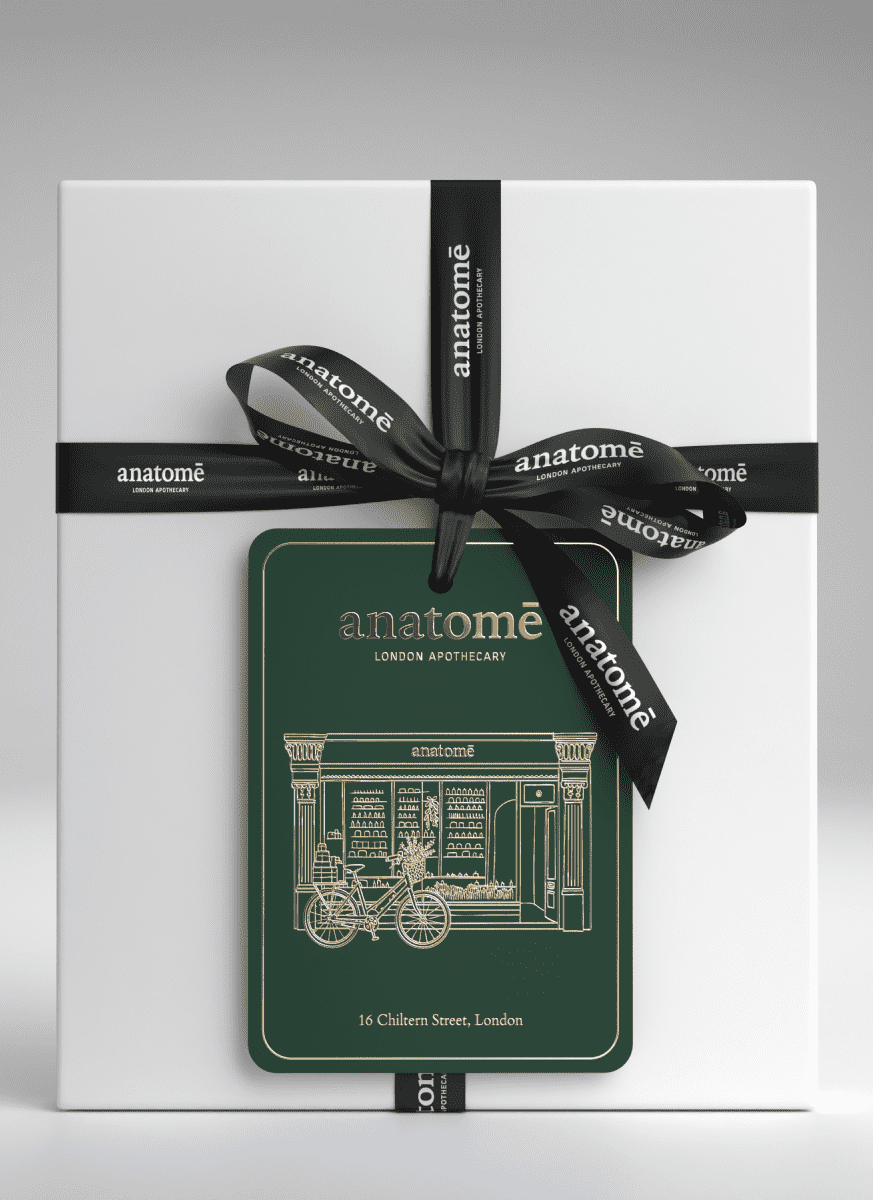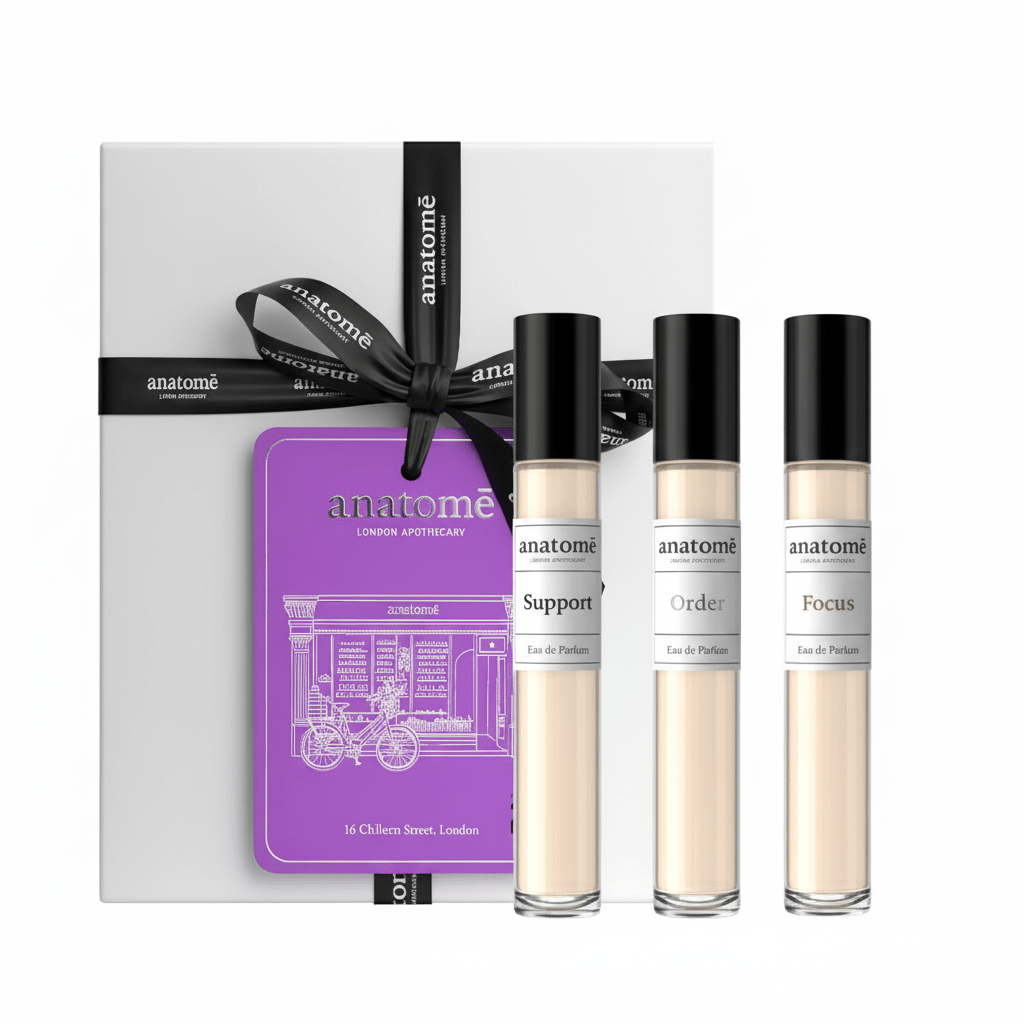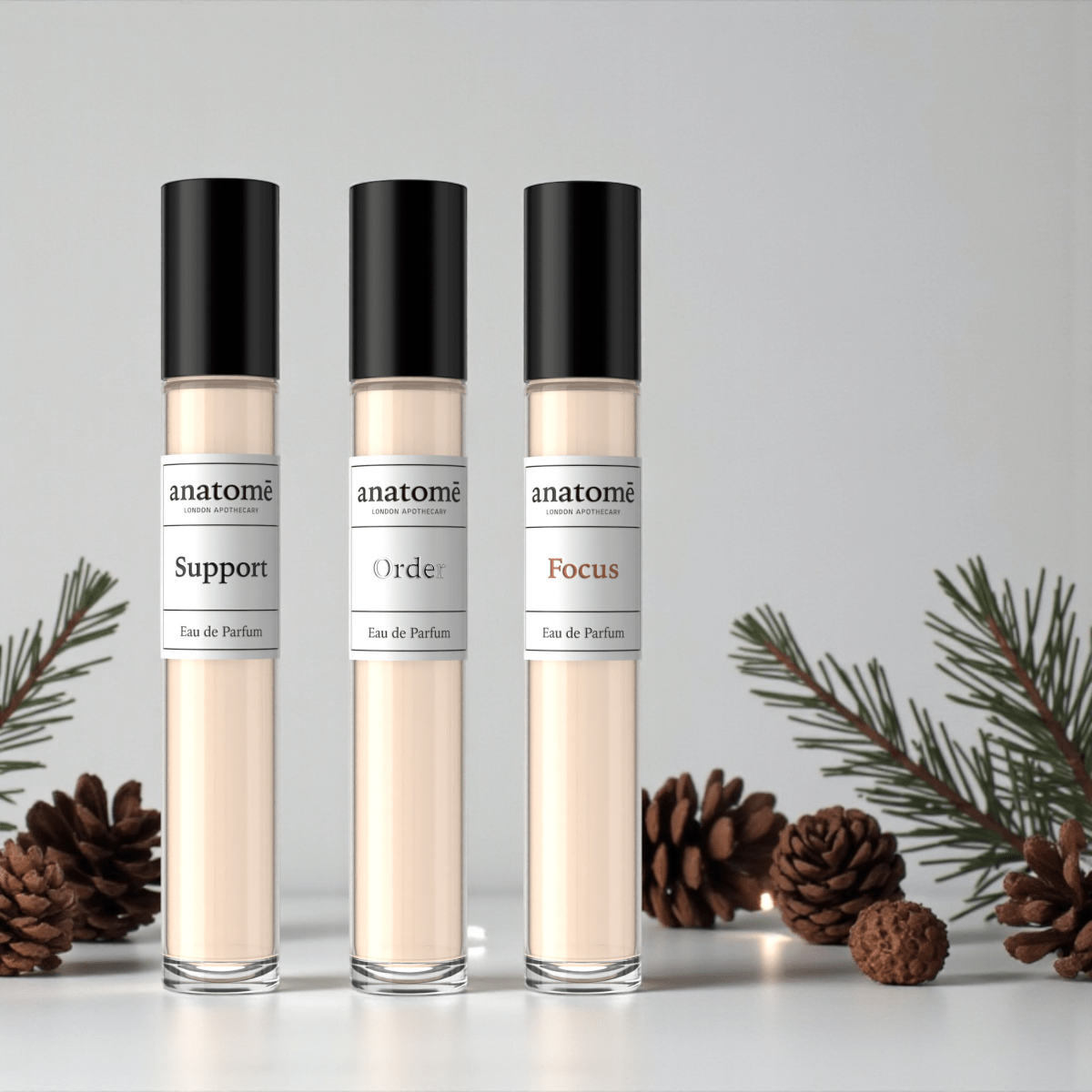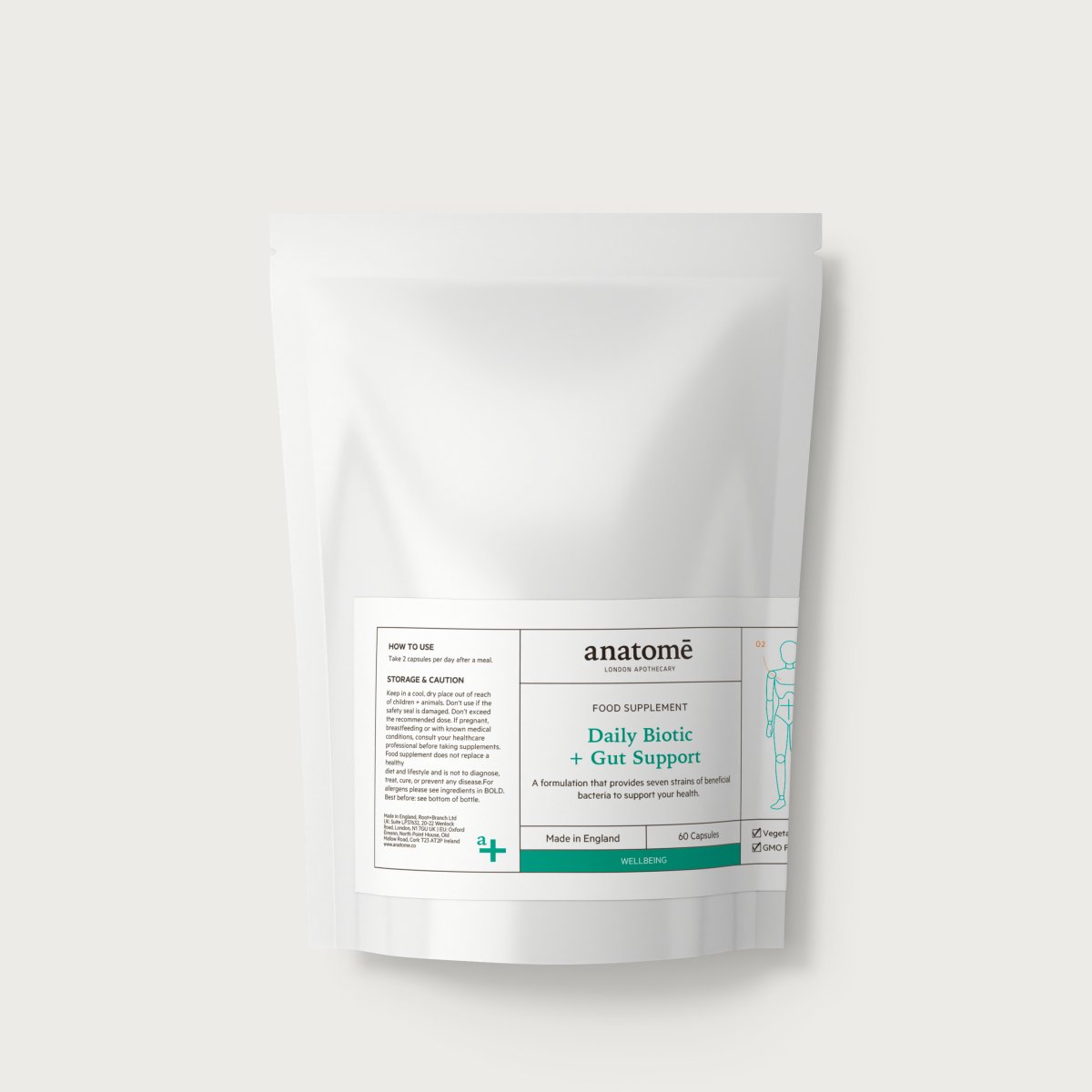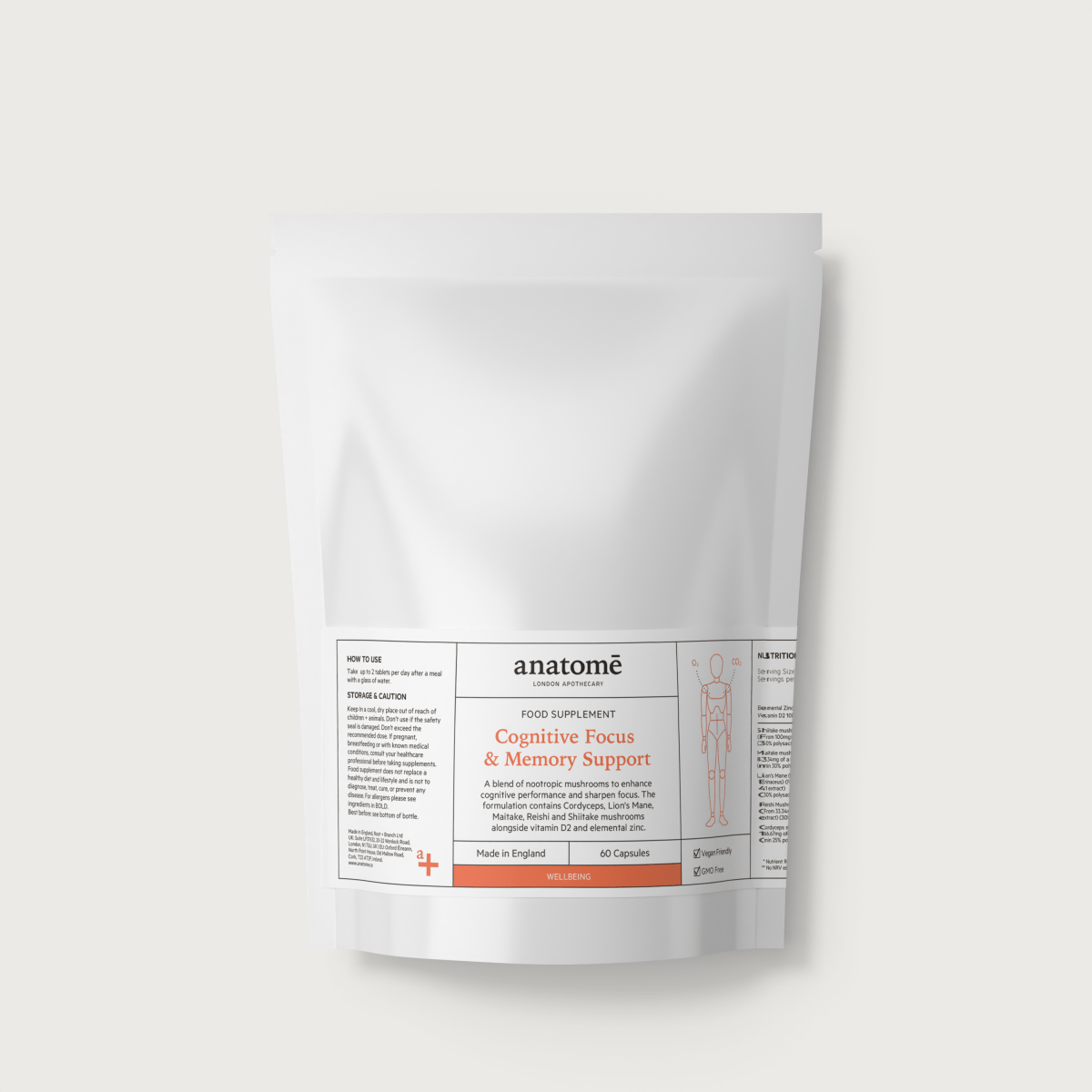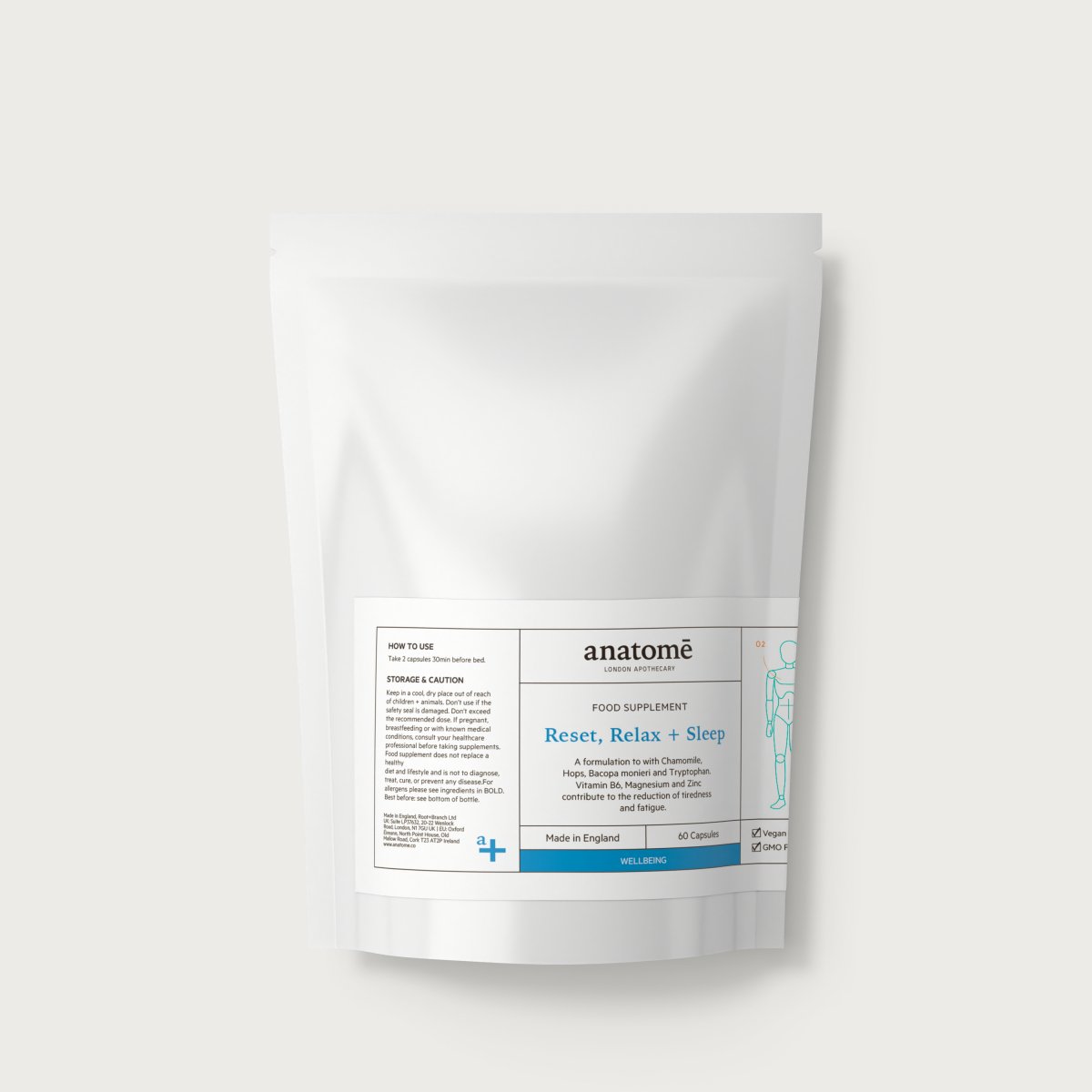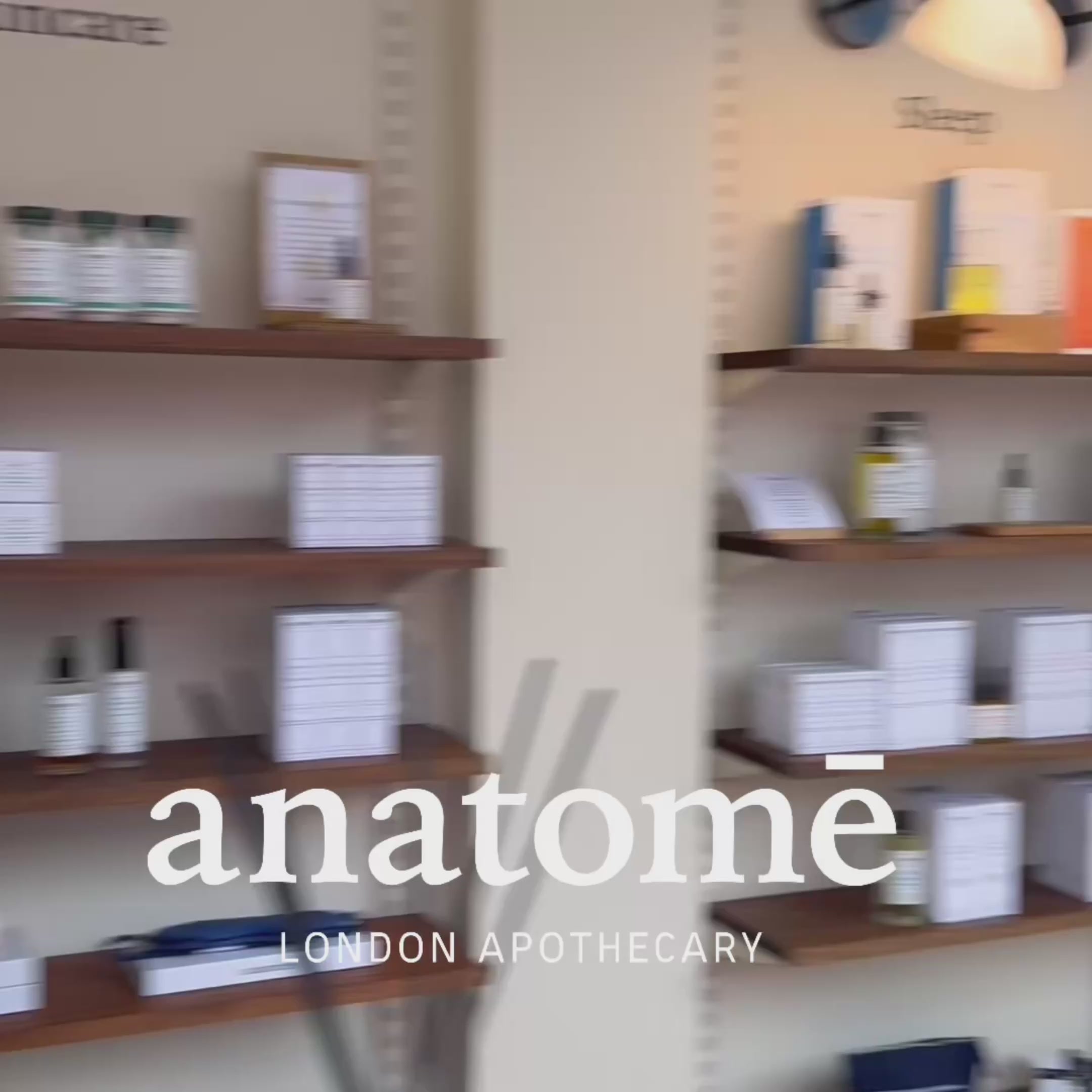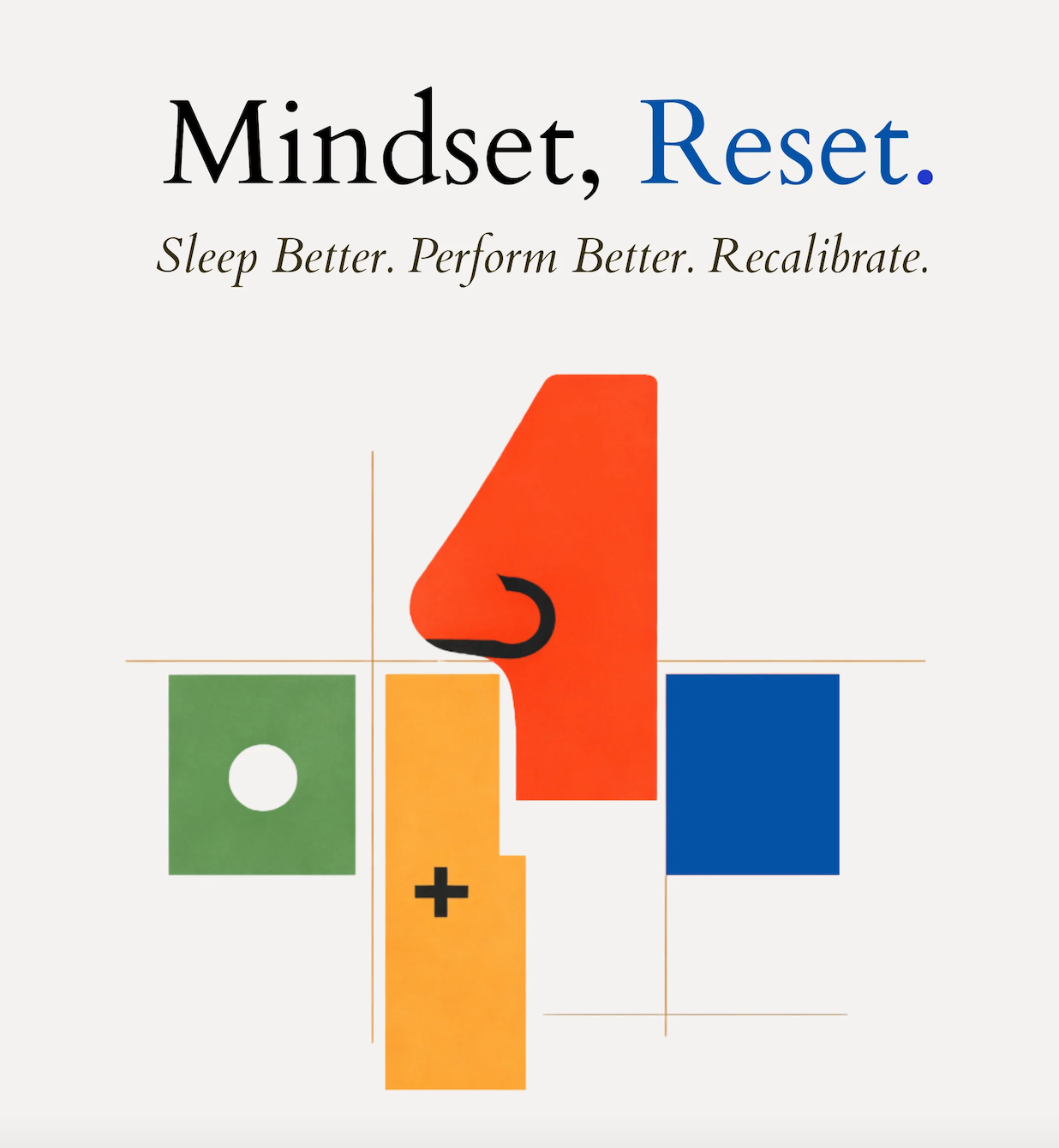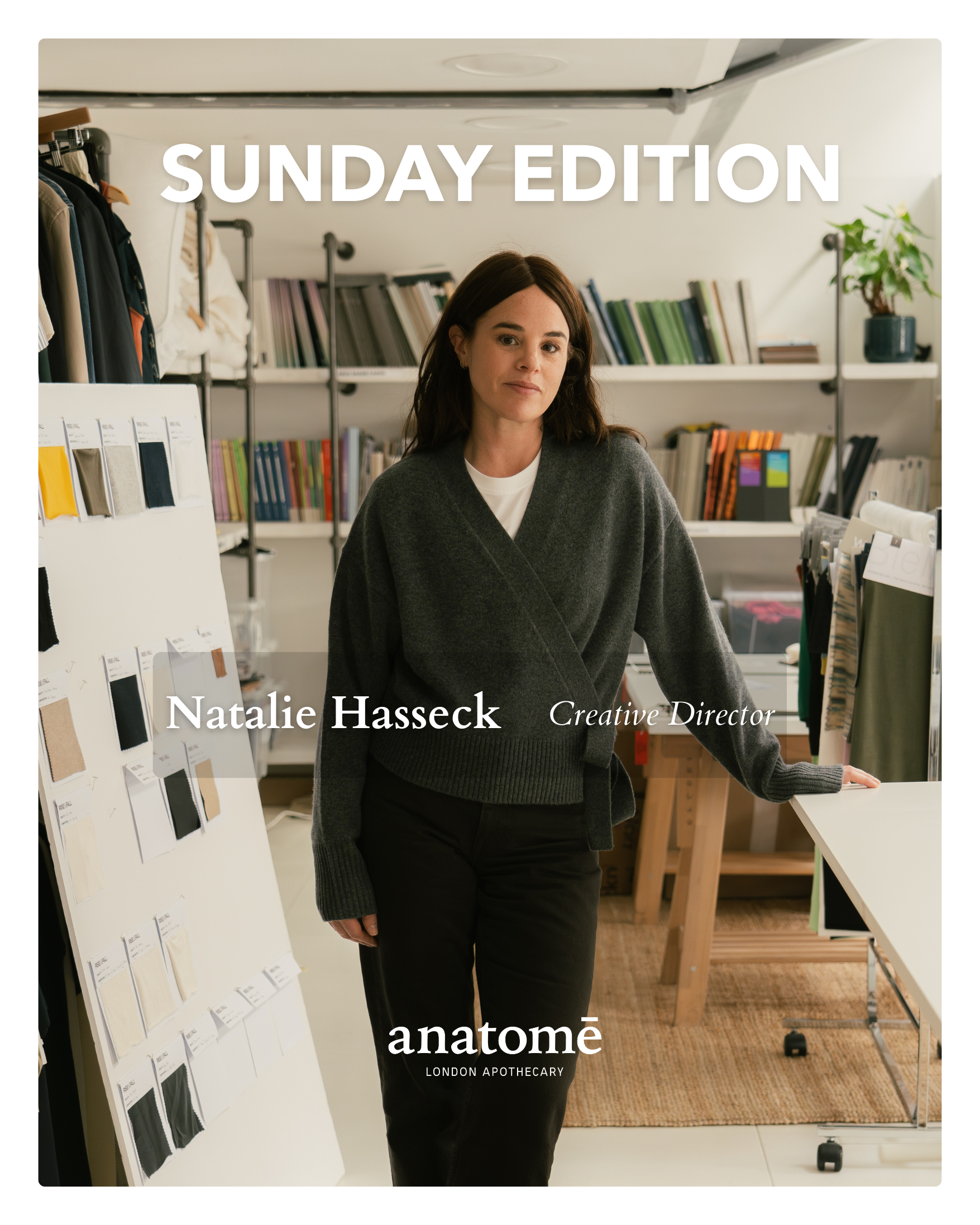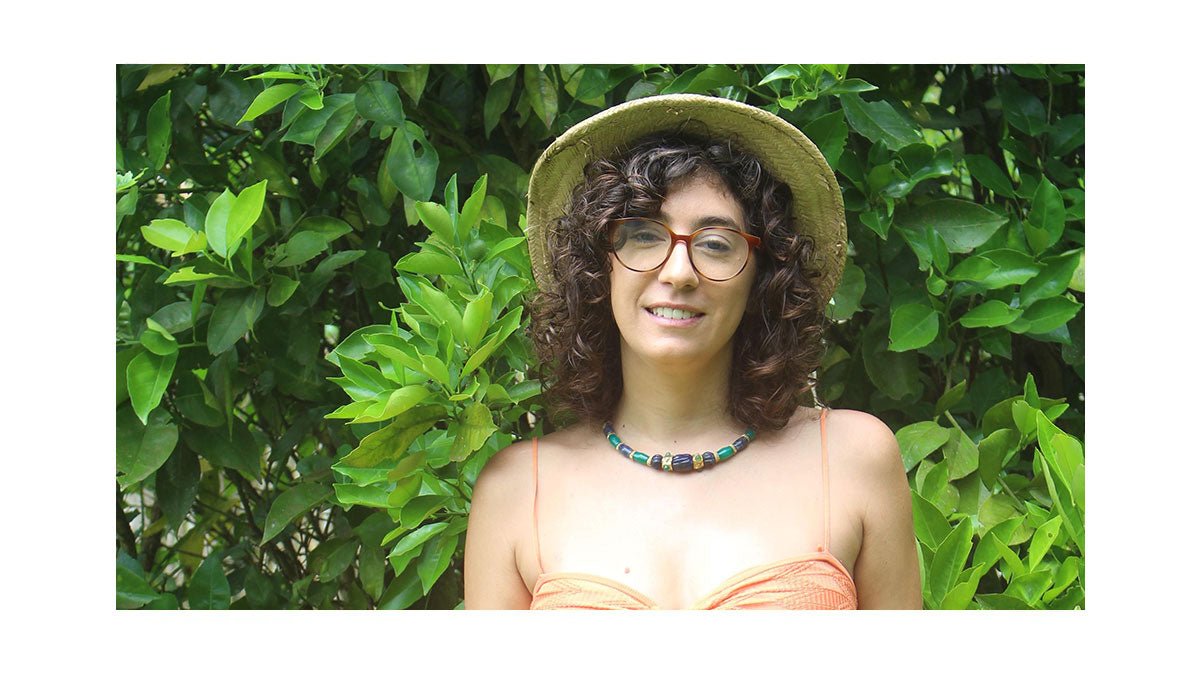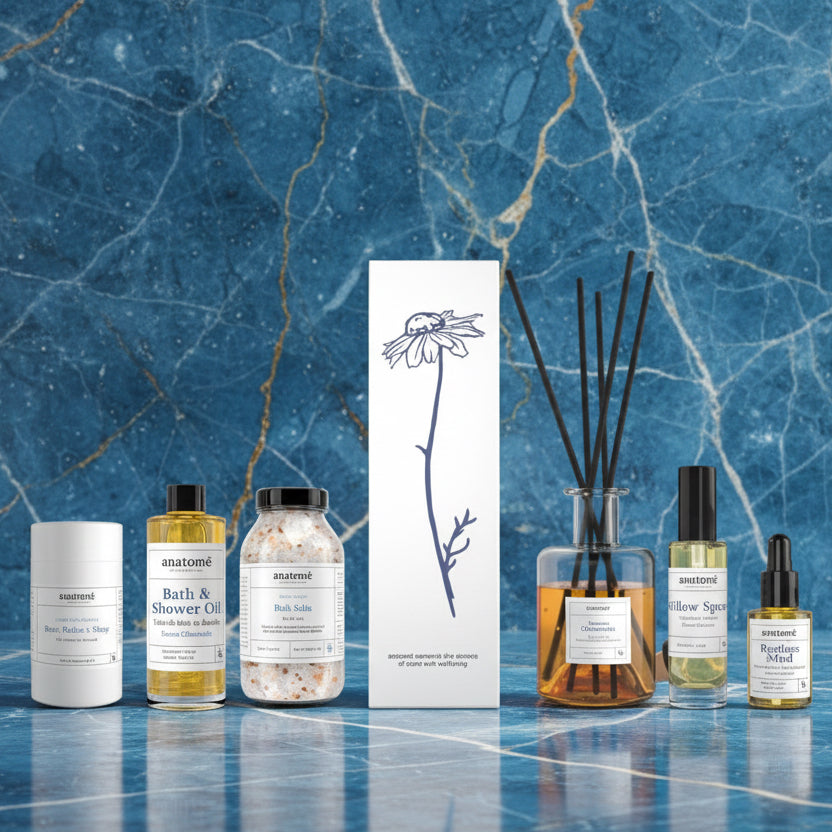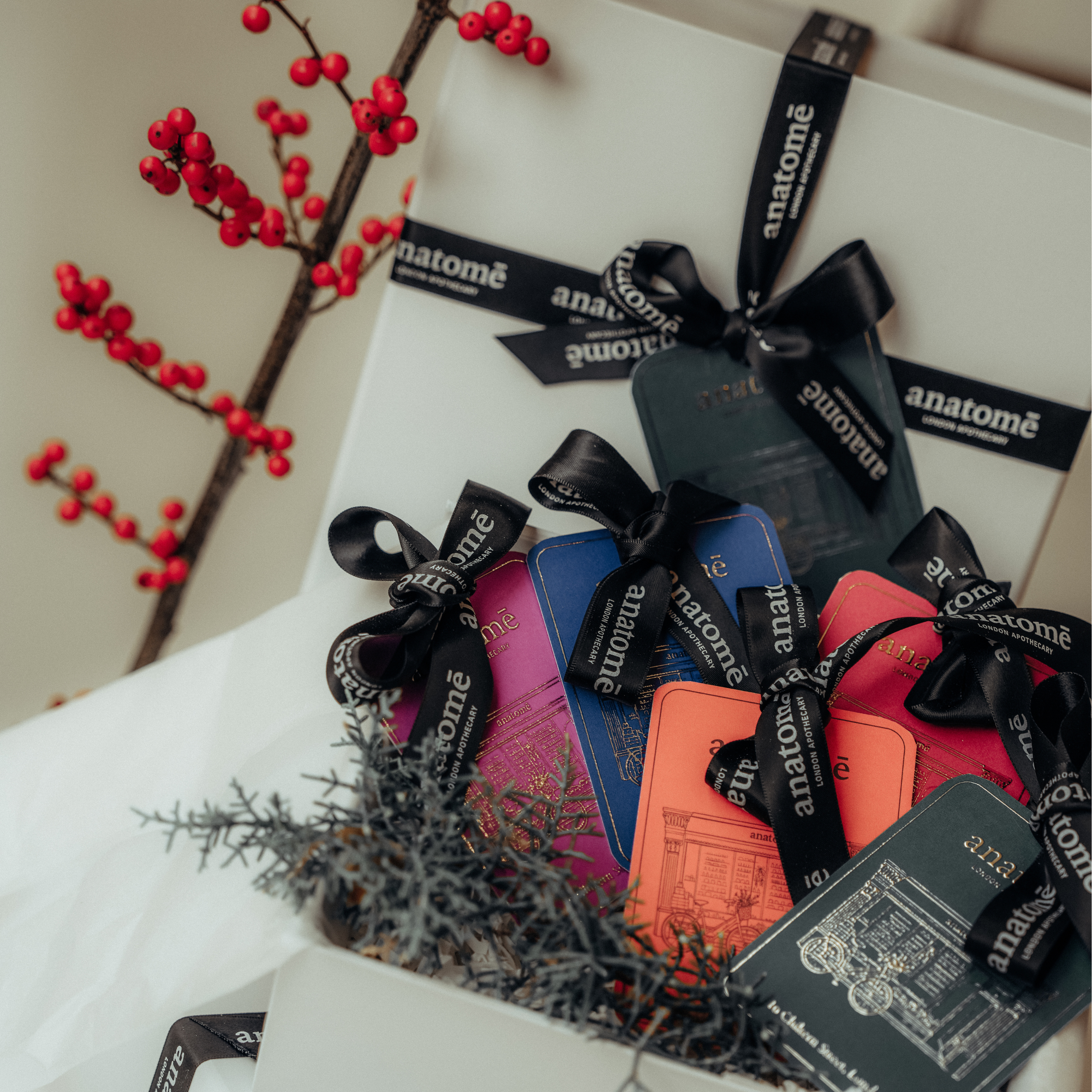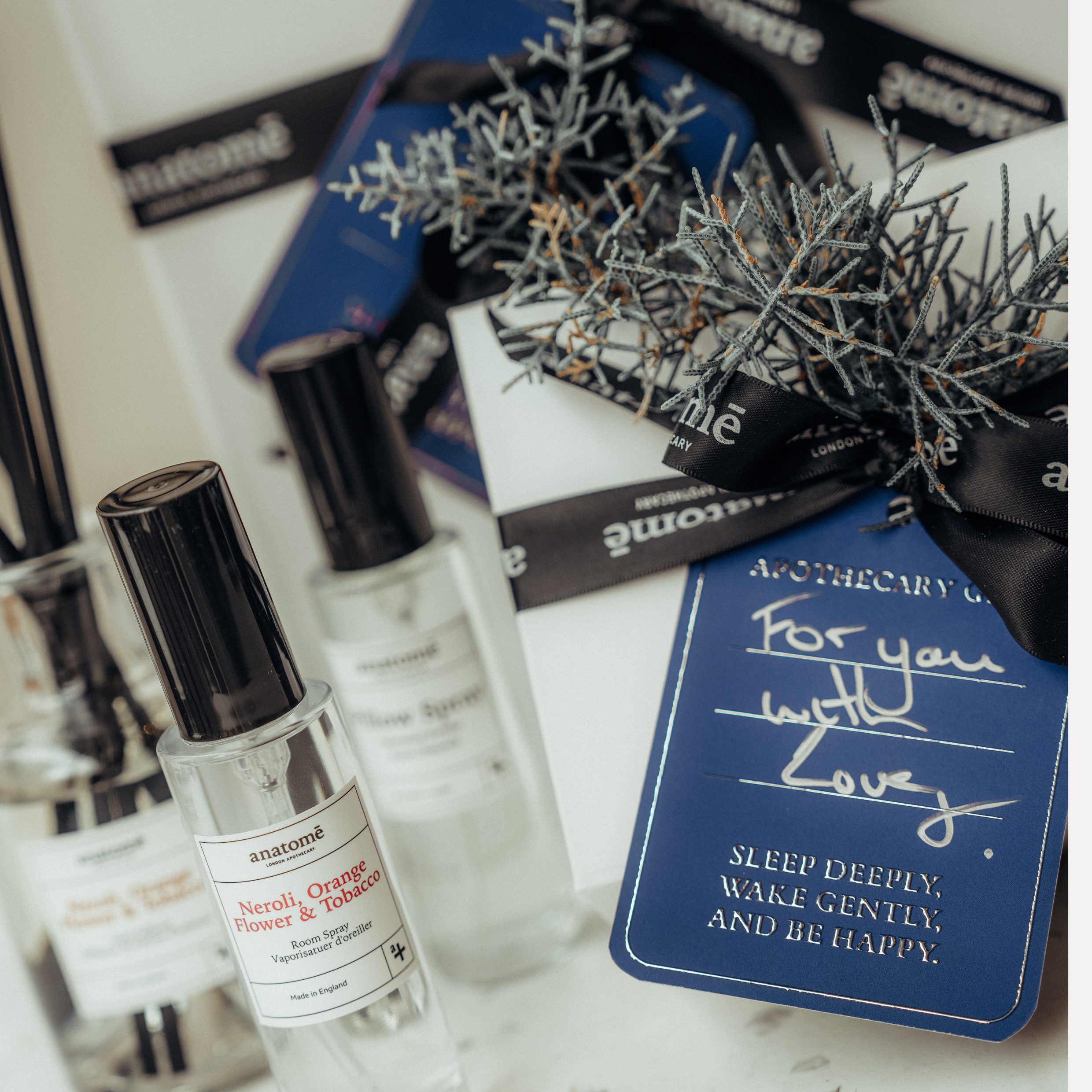This Sunday Edition is the first of a series of stories spotlighting individuals shaping the landscape of women's health; we spoke with Dr Cecilia Cucagna, a trailblazing family general practician who took a career turn by learning and applying natural gynaecology to treat her patients. Harnessing the potent properties of botanicals, Dr Cucagna practises mindful medicine, placing a profound emphasis on holistic wellbeing and empowerment. With a steadfast commitment to supporting women through every facet of their health journey, Cecilia's newfound methods and unwavering dedication reshape her healthcare narrative and inspire many others. Join us as we delve into Cecilia's story and discover the transformative potential of botanicals in women's health.
G: Tell us about your professional journey.
C: I was born in Argentina, and I have wanted to be a doctor for as long as I can remember. I studied medicine at the University of Buenos Aires and interned in Family Medicine in New Zealand. After my internship, I fell in love with Family and Community Medicine. I explored options for specialisation and decided to do my Residency in Rio de Janeiro. After completing my residency, I continued working as a supervisor of residents for another three years. In the past year, I have dedicated my studies to herbal medicine and natural gynaecology.
G: Tell us about the change in your professional focus, opting for natural gynaecology.
C: After seven years of working in the public health service in Rio de Janeiro, I needed to pause and take a breath to understand how I wanted to continue my path. Of those seven years, three were spent on the front lines during the pandemic, in an area where people live in extreme social vulnerability. I dealt with situations like food emergencies and precarious housing, combined with a healthcare system focused solely on symptoms and diseases.
In this context, I realised that this way of practising medicine - without considering the whole person or addressing all the factors that cause suffering - was overwhelming and limiting the improvement of the quality of life of the users I cared for.
I understood that the approach to care needed to be expanded, and practices needed to be reconsidered. So, I began a journey of personal care in dialogue with learning a different way of practising medicine.
G: How did you structure your new work? What are the focuses?
C: After needing to stop my previous work, I began a process of reconnecting with my desires and with what moves me.
Often, we are absorbed by our jobs, and little by little, without realising it, we disconnect from the real reason we are here.
I started travelling to places with nature, mountains, waterfalls, and beaches. I took courses in water therapy and herbal medicine, knowledge that looks at care and health from a different perspective.
After seeing the results of these practices in myself and understanding their importance, I decided to bring this to other women. I started specialising in natural gynaecology (a set of ancestral knowledge from Native American and Afro-descendant peoples) and began studying other perspectives that understand physical symptoms as messengers, as the tip of the iceberg that often has its basis in emotional pain, trauma, affective, family, or work relationships.

Understanding the importance of the root of the symptom instead of just trying to erase it, looking at the symptom as an invitation to take care of what our body says, allows us to connect with what we feel, how we feel, if we are listening to ourselves, and respecting ourselves rather than simply forcing ourselves to continue with relationships that do not value us, or jobs we do not enjoy.
G: Tell us about your garden and your preparations. How do you use them?
C: In natural gynaecology and herbal medicine, we work with medicinal plants. So, when I decided to deepen my studies on the subject, I understood the importance of not only studying but also being in constant contact with plants and nature. That's why I moved to a mountain town in the interior of (the state of) Minas Gerais and planted my living pharmacy in the backyard. It was a return to our essence as human beings; the big cities distance us from this connection with the simple: walking barefoot on the earth, taking care of a plant, and making our own food.

Making this my routine was fundamental to understanding the importance of this knowledge and how much it provides us with wellbeing, teaches us other forms of care, and sharpens our perception - physically and emotionally.
Natural Gynecology works with tools to treat emotional pain (which often generates physical symptoms). One of them is working with medicinal plants because of their anti-inflammatory, bactericidal, immunomodulatory, and anxiolytic effects. We can use plants orally as teas and tinctures, but also locally, for example, foot soaks or compresses. There is also aromatherapy and work with essential oils.
G: Do you have a recipe to calm down after a long work day?
C: Foot baths are a great recommendation to relax after a long day. As I always explain, working with medicinal plants is done together, intending with the plant what we want to work on and making this moment a ritual. To prepare the foot bath, we need a basin (ideally enamelled), heat water, and add a handful of coarse salt and one herb (great examples of relaxing herbs: chamomile or lavender); we can add a few drops of essential oil. We add boiling water to make a "big tea" and wait for it to become lukewarm before putting our feet in. Ideally, accompany with relaxing music, light a candle, and keep the light dim.

G: What is the most significant current challenge in women's health?
C: The biggest challenge is connecting with your body and emotions. In this world guided by patriarchal logic, we women are taught not to connect with our essence, with our cyclicity. On the contrary, we are raised to take care, to feel guilty, to compete with other women. Moreover, we are often questioned about what we do or do not do.
Every woman needs to know other references, look at her history, and understand what is hers and what is part of social construction, how much she has "shaped" herself to fit in, and this has disconnected her from herself.
Our nature is cyclical, like the moon's, and in this world, we are often demanded to produce constantly, or we do not have space to welcome and look at these oscillations as part of our Being, as a fundamental and powerful characteristic of ours. An example of this is the contraceptive pill, which is often used to erase symptoms such as menstrual irregularity or cramps. What happens is that it ends up blocking our cycle and distancing us even further from our essence instead of welcoming and treating what our body is saying.
G: What is your career dream?
C: My dream is coming true! This interview is already part of it, to spread and ensure women's access to other perspectives and other knowledge that values our essence, to create together a network of love, exchange, sharing, and to create spaces where we are not judged or disrespected.
Part of this dream is to create a community of women, a circle of continuous learning! Also, ensure humane consultations based on matrilineal logic and work with medicinal plants.

